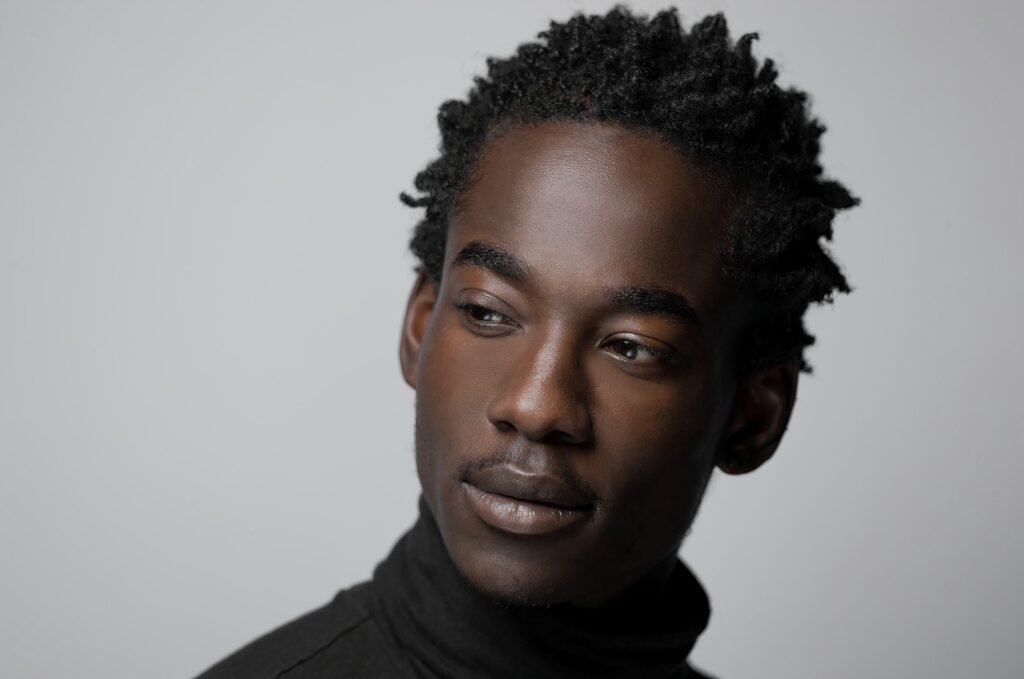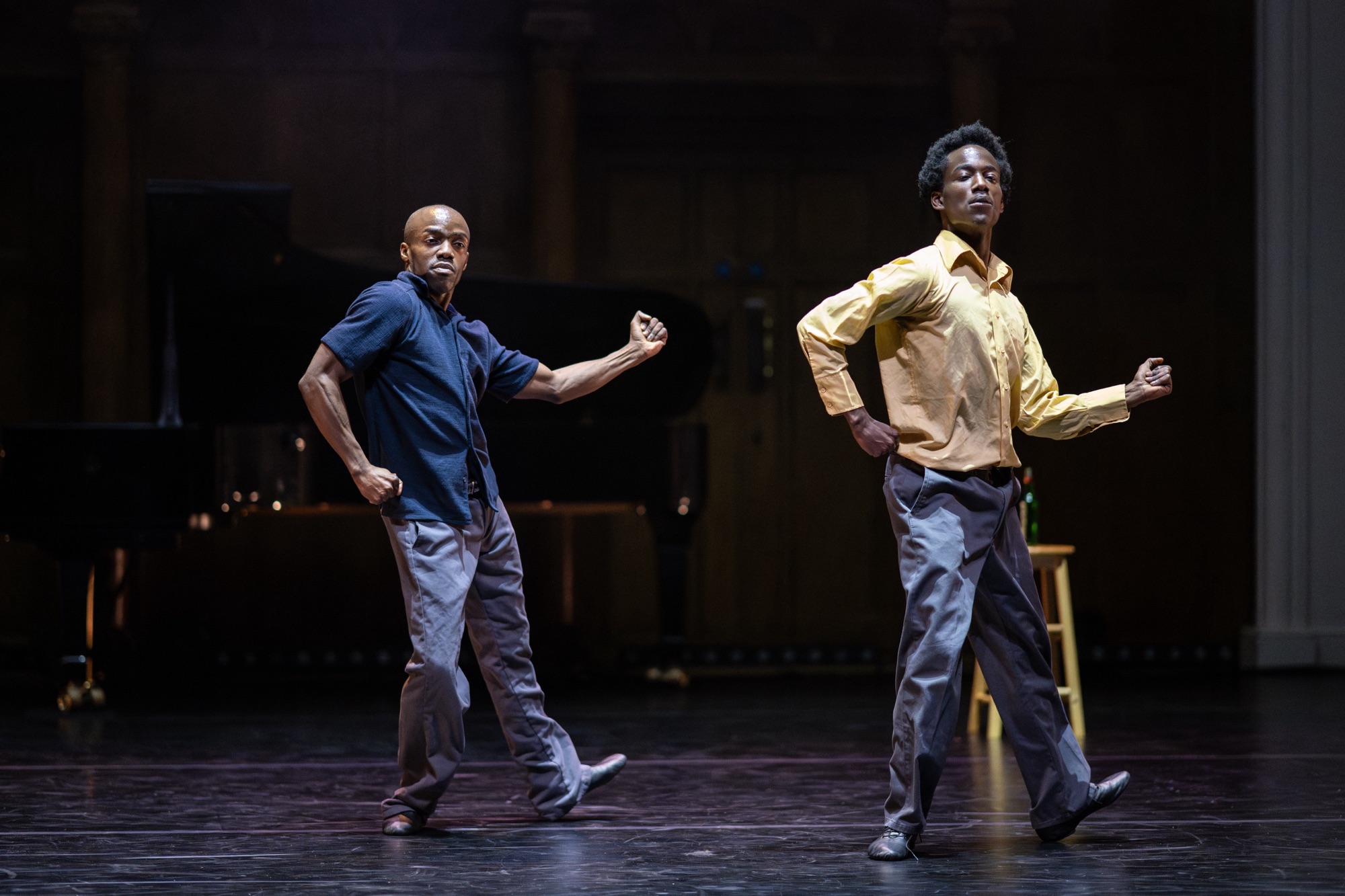Next week on 14 May, Nahum Mclean, together with Darius Drooh as part of the duo BLACBRIK, will perform Don’t Step On My Shoes at Let’s Dance International Frontiers, a festival of dance run by black arts and heritage organisation, Serendipity.
We caught up with Nahum to discover more about the work he’s presenting.
Q: Don’t Step On My Shoes is described as a metaphor for identity, materialism, and vulnerability – tell us more.
Nahum. That line captures the heart of it, but to expand a little: The work draws on the symbolism of ‘stepping on someone’s shoes’—a gesture loaded with meaning in many diasporic communities—as a lens to explore pride, vulnerability, and the value placed on image. It’s not a linear narrative—it moves through chapters and themes, leaving space to sit with the tensions the metaphor brings up. Is it about materialism? Ego? Or something deeper—how a single moment, real or imagined, can hit a nerve and shift the entire energy of an interaction?
Q: How has the work developed?
Nahum: The piece began as a duet, but from early on, there was always a vision to expand it—to build out the world and bring in other performers. That’s something we’re continuing to explore. We performed a shorter version in 2024 at Resolution at The Place, and this iteration feels like the next chapter. The soundscape features spoken word, a curated track selection, and moments of intentional silence. It sits within a broader body of work that’s still unfolding, and this performance represents a further development.
Q: How did you and Darius meet?
Nahum: We met when we were both attending the Alvin Ailey School. Two people from completely different corners of the world, somehow ending up in the same studio in New York. It was instant—same work ethic, same love of storytelling, and same side-eyes in ballet class. We’ve been building together ever since.

Q: Horton Technqiue has been a foundation for you. How has this technique helped you?
Nahum: Horton’s definitely part of the foundation for both of us—New York drilled that in. Darius was basically born in a Lateral T! It’s just one part of the vocabulary though. We both started in funk and African forms, so Horton and ballet came in later to shape things, not define them. Horton’s also what keeps us athletic and in shape—it gives us the stamina and structure to do the work we do. It’s less about the technique being the focus, and more about how we use it to serve the story. We’re always chasing clarity in the body—but not at the expense of soul.
Q: Finally what are you most looking forward to about performing at this year’s LDIF in Leicester?
Nahum: LDIF consistently holds space for work that doesn’t just tick boxes—it asks questions, sparks dialogue, and reflects a broad spectrum of diasporic perspectives. There’s a clarity in how it curates, and that makes it one of the few festivals where the context actually supports the work. It feels like the right place for this piece to sit in dialogue with others.
Visit here to book.
